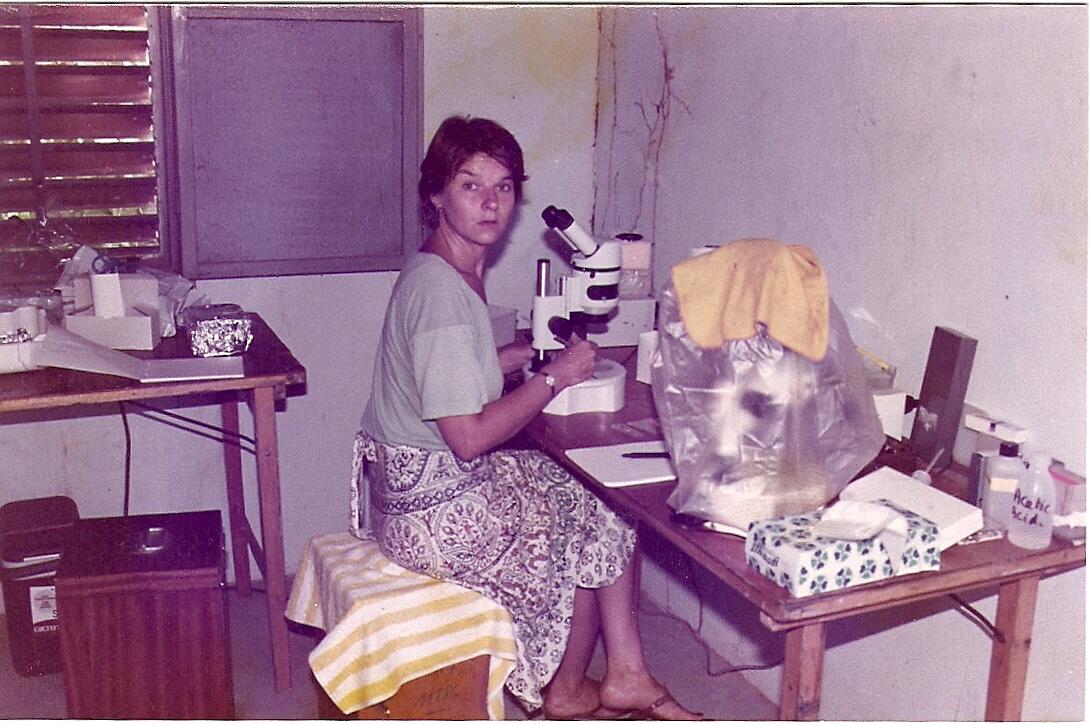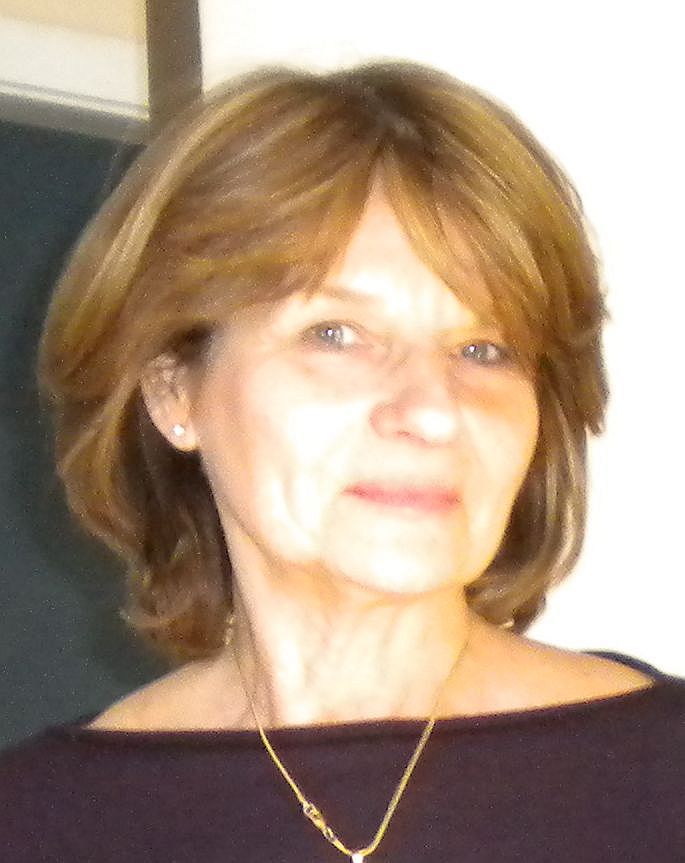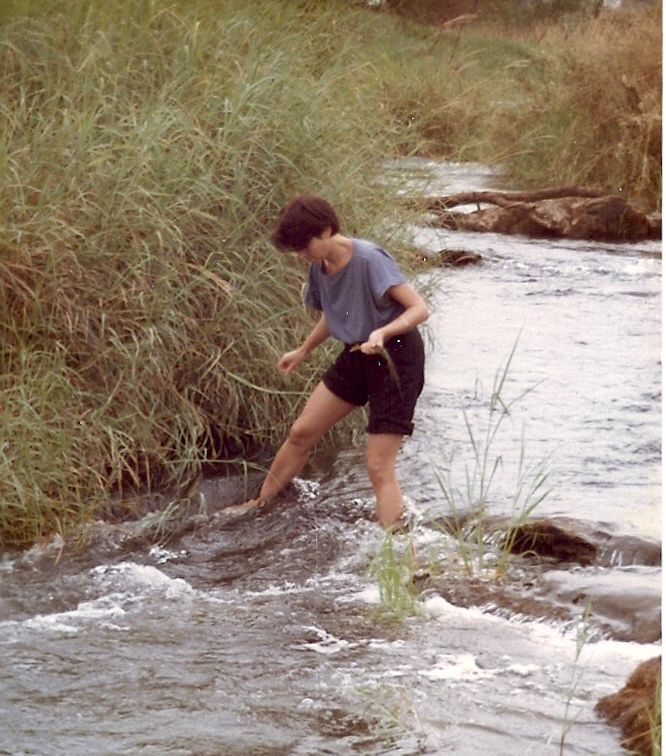
Having completed a BSc in Zoology at the University of Glasgow, Stefanie Meredith came to LSTM in 1975 to complete the MSc in Applied Parasitology and remained here to work on a PhD with the entomology department.
Stefanie continued to work on Onchocerciasis as a consultant to the World Health Organisation on the Onchocerciasis Control Programme (OCP) in Burkina Faso (then Upper Volta). After 4 years in West Africa and 1 year in the Central African Republic, she took up a post-doctoral fellowship at the Harvard School of Public Health.
Stefanie has had a long global career in the world of Onchocerciasis (also known as river blindness or ‘Oncho’), Leishmaniasis, and other diseases. She spent time at the Royal Tropical Institute in Amsterdam as Project Leader in the Onchocerciasis and Leishmaniasis Laboratory, and later as Director of the Mectizan Donation Program at the Task Force for Child Survival and Development. From 2006 to 2008 she was Director of Public Health Partnerships at The International Federation of Pharmaceutical Manufacturers and Associations in Geneva.

As an independent consultant, based in France, Stefanie has worked towards improved health and reducing inequity in access to healthcare. Stefanie believes in the importance of actively developing alliances and collaborations to tackle global health challenges. Since 2017, Stefanie has been KalaCORE Programme Director with Mott MacDonald: KalaCORE is a partnership supporting the control and elimination of visceral Leishmaniasis in six countries.
• What made you choose to study your MSc and PhD here at LSTM?
I was born in east Africa and as my father was a medical doctor, one of my earliest memories was him showing me trypanosome down a microscope - that was it, I never really considered any other career, apart from perhaps a ballet dancer, but never had enough talent to continue with that! So after a degree in Zoology at Glasgow University where there was a very strong Parasitology unit, my options were London or Liverpool. I applied to LSTM, and was offered a place and an MRC scholarship
• How do you think your time here shaped your future work?
It was critical to my future career – I had wonderful mentors. One was Professor Bill Macdonald who had an ability to show respect to everyone at all levels in the School (and outside). He made sure students were included in meetings and discussion with the major players in tropical medicine when they came to visit and he never stopped talking to a student if there was someone more important passing by (as so many other people do – I am sure you know what I mean!). Also my PhD supervisor, Prof. Harold Townson had extraordinary attention to detail and really kept me on my toes in both scientific thinking and writing. I hope I continued what I had learnt from Bill and Harold - respect for everyone in order to earn respect, scientific integrity and high quality scientific writing in my own work and passed it on to my students.
• How would you sum up your experience of LSTM?
As above - I also appreciated working with other students from all over the world - broadening my horizons and maintaining (I hope) a level of humility as there is always so much to learn from the different perspectives of others.
• What is your proudest achievement?
This is difficult, I have no single proudest achievement – maybe that several of my ex- students have done so well?

I also am very proud to have been part of the Onchocerciasis control programmes and to have seen the dramatic progress in Oncho control now compared with the situation when I started my research. When I started my research at LSTM on the vectors of onchocerciasis, there was no safe drug and a very expensive control programme based on insecticide spraying of some 10,000 Km of breeding sites in the rivers in 10 West African Countries. When a safe, effective drug - Mectizan (ivermectin) - came on the scene as a donation from Merck & Co. Inc. everything changed, and we are now seeing elimination of transmission in several countries. No-one needs to go blind from onchocerciasis any longer.